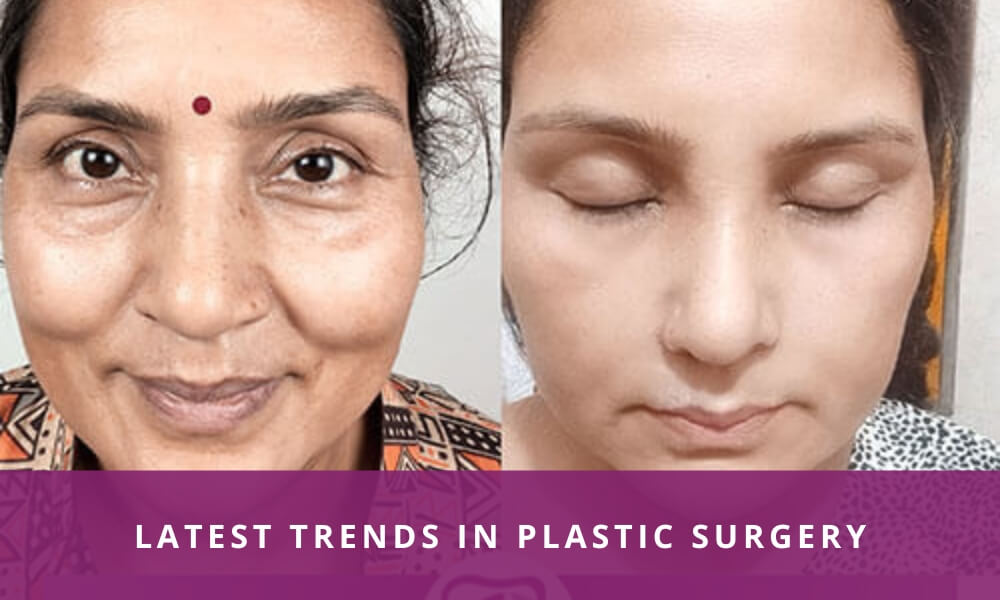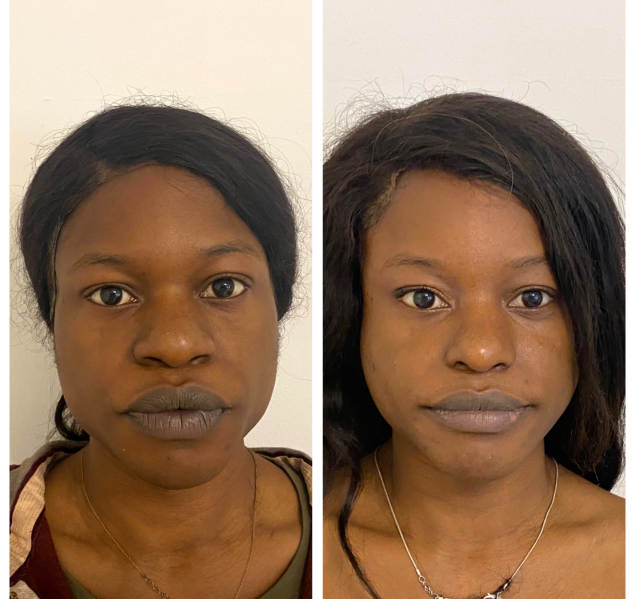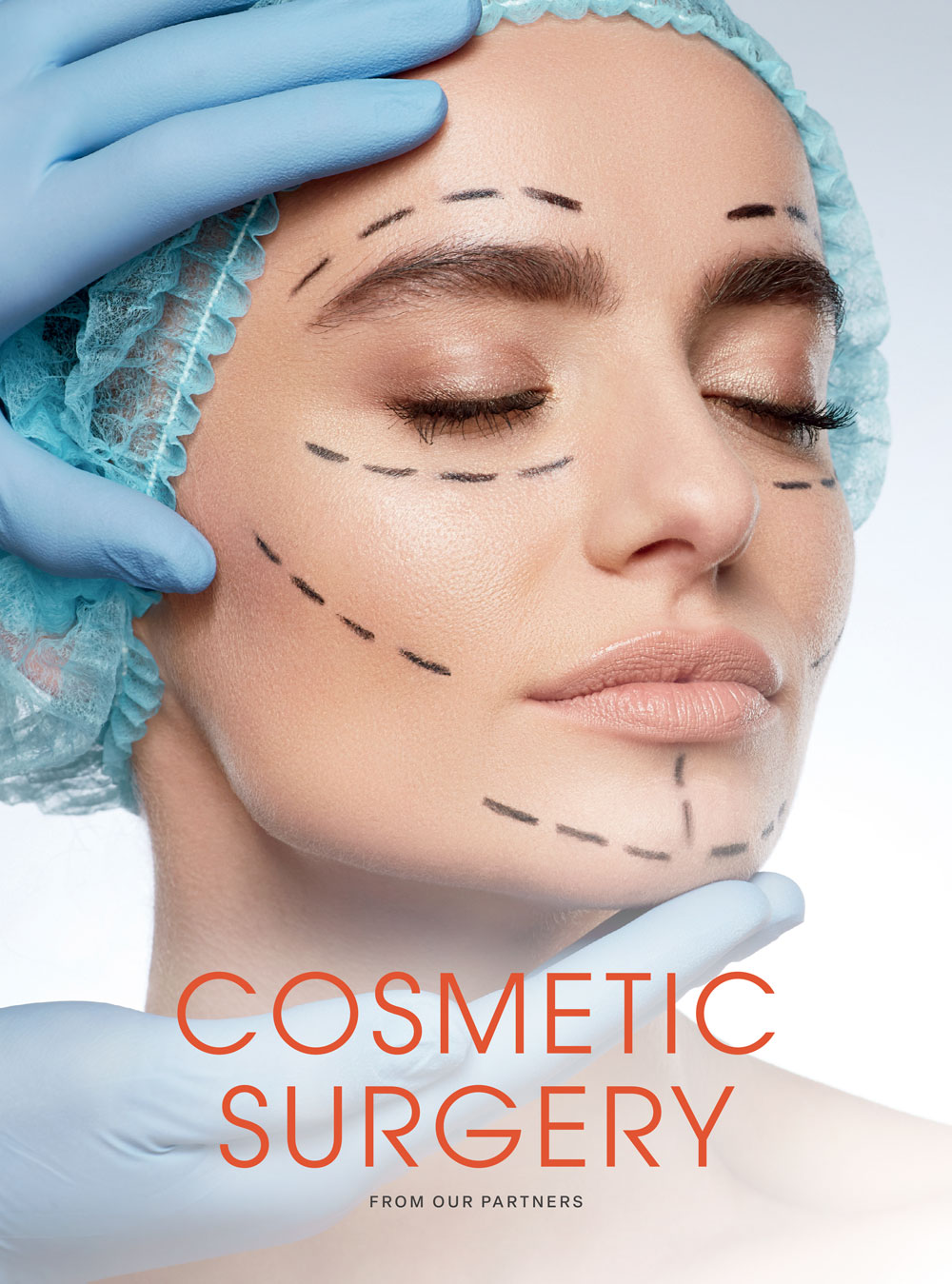Plastic Surgery Inland Empire: Relied On Experts for Sensational Cosmetic Outcomes
Plastic Surgery Inland Empire: Relied On Experts for Sensational Cosmetic Outcomes
Blog Article
Exploring the Emotional and Social Elements That Drive Individuals to Think About Aesthetic Surgical Treatment as a Method of Improvement
The decision to pursue cosmetic surgical procedure often prolongs beyond mere aesthetics, linking with mental and social dynamics that merit extensive examination. Factors such as self-confidence, pervasive social elegance requirements, and the pervasive influence of social media sites converge to form specific motivations for surgical enhancement. As these impacts come to be progressively famous, recognizing the underlying emotional and social contexts is necessary. What stays to be explored is the extensive effect these variables have not just on individuality but also on broader societal standards and values surrounding beauty and acceptance.
The Function of Self-worth
Self-worth dramatically influences an individual's choice to seek plastic surgery. People with reduced self-esteem commonly perceive themselves in an unfavorable light, leading to feelings of insufficiency concerning their physical look. This negative self-perception can drive them to seek medical interventions as a method of improving their self-image. The wish for enhancement in one's look is often connected to a belief that such adjustments will boost their overall self-respect and self-confidence.

Ultimately, the function of self-worth in the decision-making procedure pertaining to plastic surgery highlights the complicated interplay in between body photo, individual fulfillment, and psychological health and wellness. Recognizing this connection is important for health care specialists to guarantee that clients are making notified choices rooted in sensible assumptions and psychological well-being.
Social Elegance Criteria
Influenced by prevalent media portrayals and social narratives, social charm requirements play a crucial role fit individuals' assumptions of their own bodies. These requirements are frequently characterized by an idealized form of elegance that emphasizes characteristics such as slimness, balance, and youthful vigor. As these perfects are bolstered via various channels, including movie, tv, and advertising and marketing, people often internalize these messages, resulting in frustration with their natural look.
The implications of these societal norms extend beyond visual choices; they can influence self-confidence, psychological health and wellness, and interpersonal relationships. Individuals who view themselves as disappointing these standards may experience feelings of insufficiency, motivating a need for cosmetic surgical treatment as a way of attaining social authorization. This quest is often sustained by the belief that complying with these perfects will improve not only physical look but likewise social standing and personal gratification.

Influence of Social Media Site
The impact of social appeal standards is additional magnified by the surge of social networks systems, where curated photos and idealized representations of appeal are common. Individuals are continuously subjected to filtered and edited pictures, which usually show unattainable physical qualities. This direct exposure cultivates a culture of comparison, leading individuals to analyze their own appearance against these usually unrealistic standards.
Social network influencers and stars often advertise aesthetic treatments, stabilizing the read this concept that surgical improvements are a viable means for achieving societal suitables (plastic surgery rancho cucamonga). The exposure of these enhancements can produce a perception that going through plastic surgery is a typical practice, thereby affecting individuals to take into consideration similar treatments as a path to enhanced self-worth and social acceptance
Furthermore, the interactive nature of social media sites permits immediate feedback through sort and remarks, even more enhancing the desire to adapt preferred beauty standards. Such interactions can intensify sensations of insufficiency and drive individuals toward plastic surgery as a method of obtaining recognition. Inevitably, social media sites plays a critical duty in shaping assumptions of appeal, which significantly affects the decision-making procedures surrounding plastic surgery.

Cultural Point Of Views on Look
Throughout various cultures, understandings of look are deeply rooted in historic, social, and financial contexts, shaping individuals' views on beauty and charm. In numerous cultures, appearance functions as a considerable pen of identification, affecting social condition, professional opportunities, and personal connections. As an example, in some cultures, light skin is usually connected with wide range and privilege, while others might idealize darker skin tones as signs of stamina and credibility.
Furthermore, traditional elegance standards are often continued via cultural narratives, media representations, and family members influences, resulting in varying perfects across different areas (plastic surgery rancho cucamonga). In Western cultures, the focus on youth and fitness commonly drives individuals toward aesthetic improvement, while in specific Eastern cultures, more subtle modifications straightened with standard aesthetic appeals might be preferred
Globalization and the proliferation of digital media have further made complex these dynamics, developing a hybridization of beauty ideals that transcends geographical borders. As individuals progressively browse these social stories, the pressure to satisfy certain appearance requirements can result in the need for cosmetic surgical treatment, reflecting a complex interaction of social worths and individual desires. Understanding these social perspectives is essential in resolving the motivations behind cosmetic surgical treatment considerations.
Emotional Influences of Aesthetic Surgical Procedure
Several people seeking plastic surgery record experiencing extensive psychological influences that can dramatically change their self-perception and psychological well-being - plastic surgery rancho cucamonga. The need for physical enhancement usually originates from underlying concerns such as low self-confidence, body dysmorphic condition, or social stress relating to beauty requirements. For some, the immediate post-operative phase can bring about a momentary boost in confidence and fulfillment with their look, cultivating a sense of empowerment
Nonetheless, these favorable feelings might not be sustaining. Research suggests that while some patients experience improved self-worth, others may face increased stress and anxiety or depression if their assumptions are not satisfied. This discrepancy can emerge from unrealistic perfects continued by media depiction and social stories bordering beauty.
Furthermore, the useful reference mental implications of plastic surgery expand beyond the individual. Relationships with family members and buddies may be strained as social dynamics change, causing feelings of seclusion or alienation. Eventually, the psychological impacts of cosmetic surgery are multifaceted and intricate, requiring careful consideration by both possible people and health care providers to ensure educated decision-making and sensible expectations.
Verdict
Finally, the decision to seek cosmetic surgery is considerably influenced by a mix of self-esteem concerns, societal appeal standards, and social point of views on appearance. The prevalent reach of social networks additionally aggravates these visit this web-site pressures, advertising impractical ideals that individuals usually make every effort to acquire. Understanding these emotional and social elements is vital for attending to the inspirations behind plastic surgery, highlighting the need for an extra nuanced conversation surrounding appeal and self-acceptance in contemporary society.
The decision to go after cosmetic surgical treatment usually prolongs beyond plain aesthetics, intertwining with psychological and social dynamics that merit thorough evaluation. Eventually, social media plays a critical function in forming perceptions of charm, which considerably impacts the decision-making procedures surrounding cosmetic surgical procedure.
As individuals increasingly navigate these social narratives, the stress to adhere to certain appearance criteria can lead to the wish for cosmetic surgical treatment, reflecting a complex interplay of social values and personal aspirations.In final thought, the choice to seek cosmetic surgery is considerably influenced by a combination of self-esteem problems, social elegance requirements, and cultural point of views on appearance. Recognizing these mental and social elements is necessary for attending to the inspirations behind cosmetic surgical treatment, highlighting the demand for a more nuanced discussion bordering charm and self-acceptance in contemporary culture.
Report this page